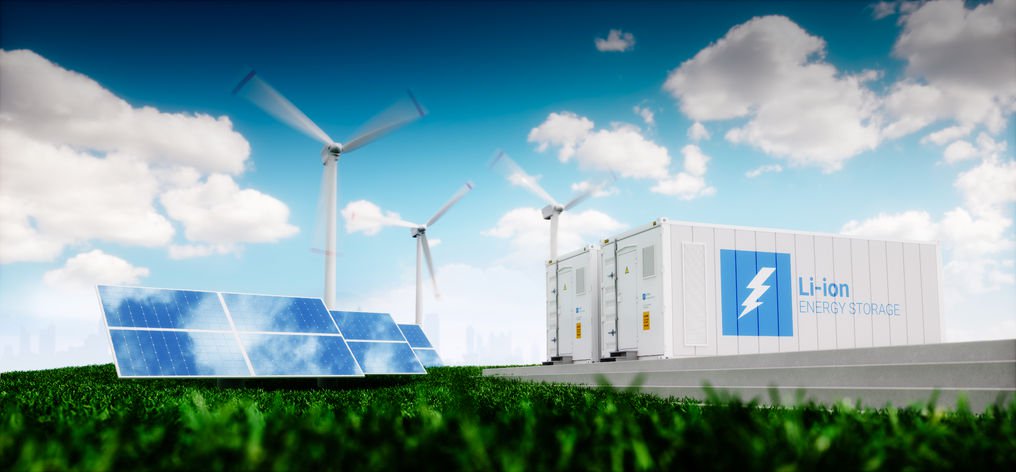Used lithium-ion batteries taken from carmaker Audi’s electric vehicles (EVs) have been repurposed into a ‘second-life’ stationary energy storage system by energy company RWE at a project in Herdecke, Germany.
RWE has deployed the system, which has a capacity of around 4.5MWh, at the site of its pumped hydro energy storage (PHES) plant at Hengsteysee reservoir in the North-Rhine Westphalia region of north-west Germany.

The decommissioned batteries are taken from development models of Audi’s e-tron EVs, which have a maximum range of 252 miles when used for transport. They still had about 80% of their residual capacity remaining when taken out of use, RWE said in a press release issued just before the end of last year.
In their second-life as components in a battery energy storage system (BESS), the batteries could be usable for up to 10 years and their low cost is an advantage over using brand new devices, RWE said.
In total, 60 batteries, each weighing about 700kg, are housed in a 160 metres-squared hall. The project was executed quickly: battery installation began in October and components started to be commissioned in November.
RWE will market capacity from the batteries from early this year, initially for frequency regulation applications where they will help stabilise the German grid. Other applications and market-facing opportunities are expected to then be tried out as the project progresses.
Read more: Energy Storage
It’s Time to Go Green!
If you would like to know more about Solar Panels and the PowerBanx range of home battery systems, and get a free instant quote, please complete our online form:





